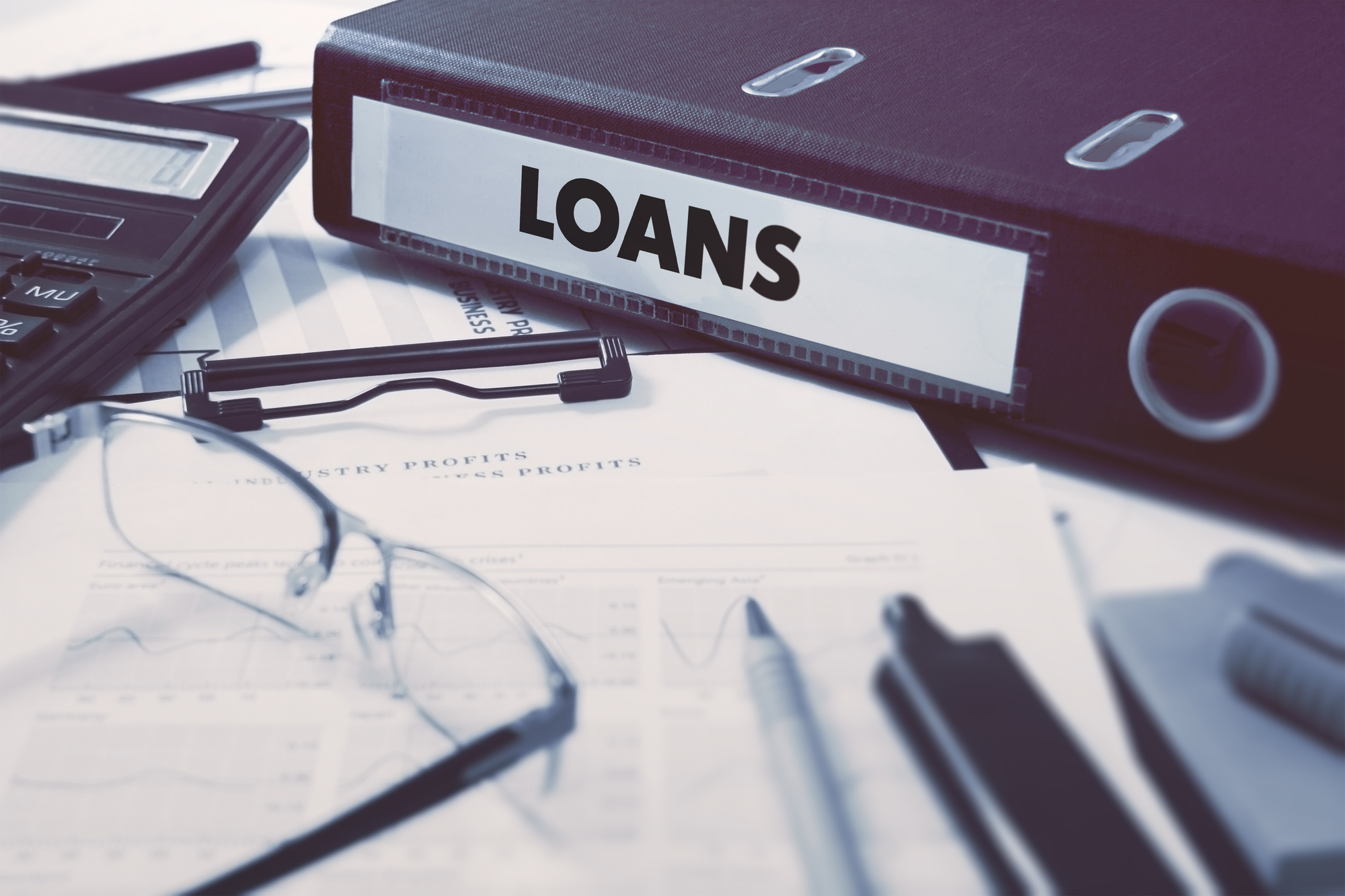
Fixed-Rate vs. Variable-Rate Loans: What’s the Difference?
Photo from Adobe Stock
Originally Posted On: https://digitaltrendsreport.com/fixed-rate-vs-variable-rate-loans-whats-the-difference/
With all the buzz about interest rates and inflation, you may find keeping up with the latest news overwhelming. While you may have heard of different loan options such as fixed-rate and variable rate loans, it can be hard to know the difference. If you’re deciding between the two, you’ve come to the right place.
From how the different types of loans work to their benefits and drawbacks, think of this as your go-to loan guide. Let’s jump in and see which loan is right for you.
What Are Fixed Rate Loans?
A fixed-rate loan is a loan where the interest rates stay the same for the entire loan term. If your interest rate is 6%, for example, then it will stay at 6% until the loan is paid off. You can use cash lending services for a personal loan with a fixed rate, for example. There are also fixed-rate student loans, mortgages, and car loans.
A fixed-rate loan allows you to have the same monthly payment each month. This helps borrowers know exactly what their payments will be for the entire length of their loan. This is especially helpful for budgeting and financial planning.
Variable Rate Loans Explained
Unlike a fixed-rate loan, a variable rate loan features interest rates that go up and down with the market. Variable-rate loans often start with a lower interest rate. This can save the borrower money if they plan to pay off the loan quickly.
Buyers should understand, however, that interest rates will rise over time. If the loan isn’t paid off, the payments will increase. This could be a big adjustment to your cost of living and monthly budget.
Choosing Between Fixed-Rate Loans and Variable Loans
Deciding between a fixed-rate loan and a variable loan is a big decision. Depending on the loan you choose, you’ll want to weigh the pros and cons of each. With a mortgage, for example, a fixed-rate loan is most common on a 30-year mortgage. For a home you plan on renovating and selling quickly, a variable loan may be a better fit.
A short-term loan with a variable rate comes with more risk, however, this could pay off. With a shorter loan term and less interest, you could save money over a fixed-rate loan. If you’re looking for a personal loan, student loan, car loan, or mortgage with dependable monthly payments, a fixed-rate loan is likely the better option.
Are Fixed-Rate or Variable Rate Loans Right for You?
When it comes to variable rate loans or fixed-rate loans, no loan is the same for everyone. Weighing the loan terms, the type of loan, and your financial goals will help you determine the best loan for you.
While fixed-rate loans provide predictable payments, variable loans could help you save money in the short term. Speak with your loan provider to weigh both loan types to see which terms are the best fit.
For more banking and money advice, check out the blog section. You’ll find more great resources and personal finance tips.
